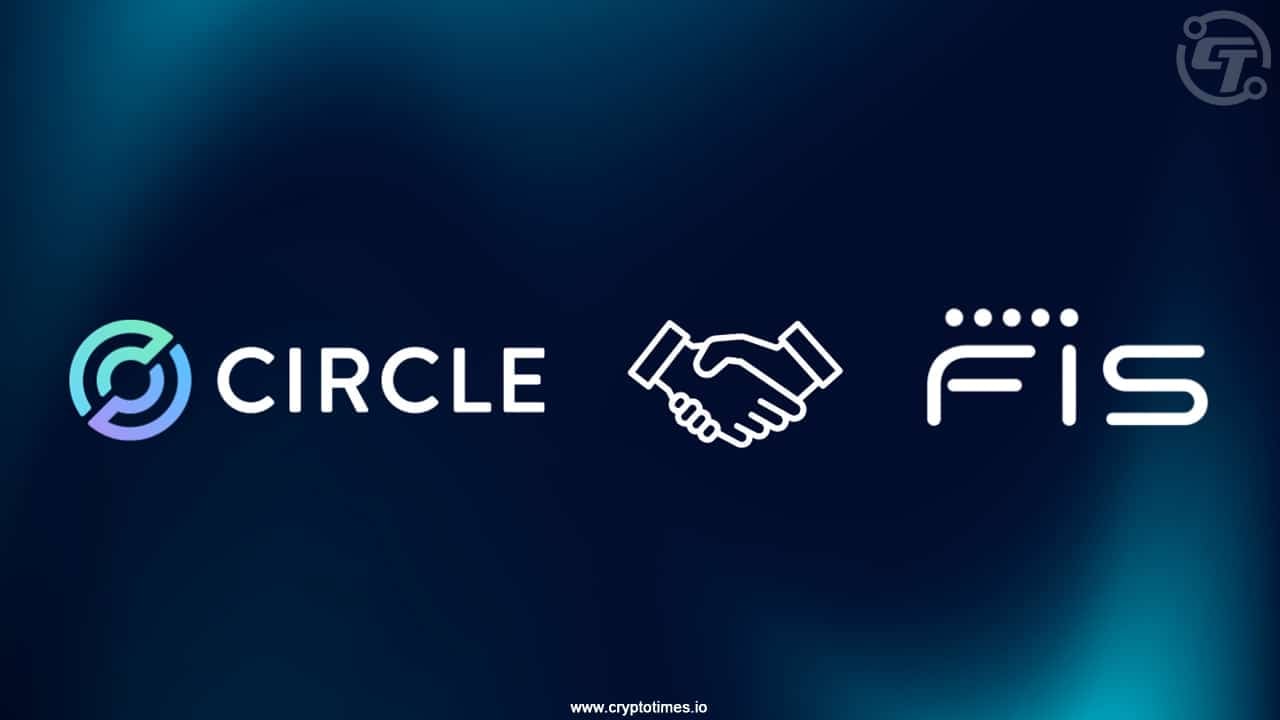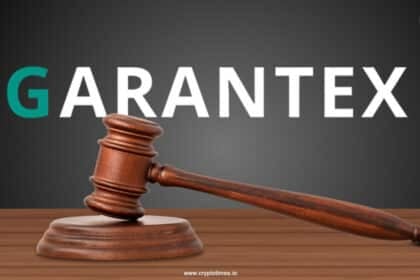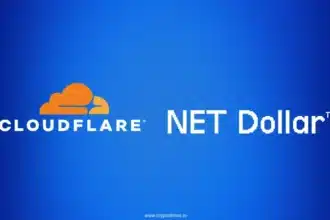Fidelity National Information Services (FIS) announced a partnership with Circle Internet Group to integrate USDC stablecoin payments into its Money Movement Hub, enabling thousands of U.S. banks to offer real-time and cross-border digital asset transactions. The service launches before year-end through FIS’s platform that processes over $10 trillion in annual payments.
According to a report from Bloomberg, this service aims to let banks use Circle’s stablecoin “USDC”. The system will run through FIS’s Money Movement Hub, which connects banks to many payment networks.
Stablecoin Goes Mainstream
The partnership integrates Circle’s USD Coin (USDC) into FIS’s Money Movement Hub, which connects banks to multiple payment networks. USDC, backed by U.S. dollars and short-term government securities, maintains 1:1 dollar parity and enables instant settlement compared to traditional banking rails.
According to Himal Makwana, global head of corporate strategy at FIS, this type of technology is no longer a fringe idea. “Stablecoins are much more mature and grounded in actually solving client-end problems,” he said.
The integration includes built-in fraud detection and regulatory compliance tools designed for traditional banking requirements. It leverages FIS’s established trust relationships with traditional banks to introduce stablecoin capabilities without requiring separate vendor approval processes. Banks can offer instant payments and cross-border transfers through familiar FIS interfaces while accessing blockchain settlement benefits.
Circle to Expand Reach Through the Partnership
With this team-up, Circle will now be able to offer its digital coin to thousands of banks already using FIS’s services. Kash Razzaghi, chief business officer at Circle, said the partnership is key for growing USDC.
“This is one example of a partnership we have in place that can enable us to drive growth and distribution of USDC,” he said. He also said banks trust FIS to guide them in the new world of digital money.
Moreover, this is coming just a few weeks after the U.S government announced that banks can now deal in cryptocurrency and also signed the GENUIS Act, which is a law to regulate stablecoins into law.
These changes are encouraging more banks and tech firms to work together. FIS’s competitor, Fiserv, also shared plans to launch its own stablecoin, FIUSD, and work with Circle too.













